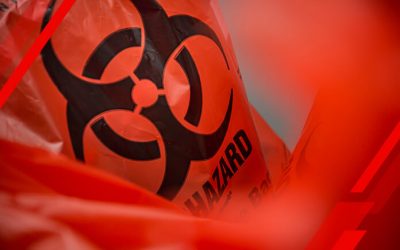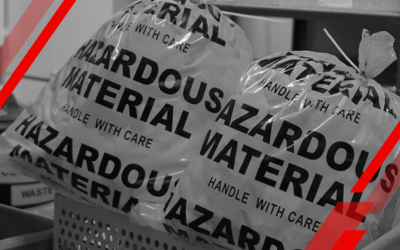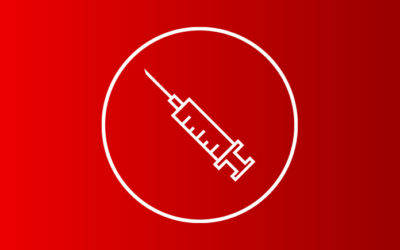Treatment and disposal methods of medical waste relies on the type of waste. Hazardous waste treatment and disposal regulations are different than regulations for non-hazardous waste. All medical waste needs to be identified and segregated to ensure that proper management processes are involved, following federal and state guidelines.
Service Request
Have waste that requires compliant handling or disposal? Fill out our service form and an MCF Environmental Representative will get back to you quickly with next steps!
Please note we do not provide disposal services for household waste


















